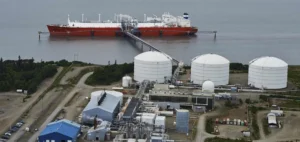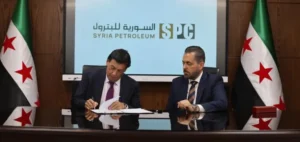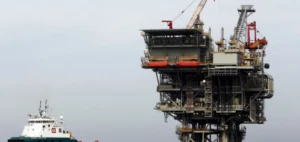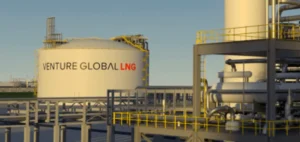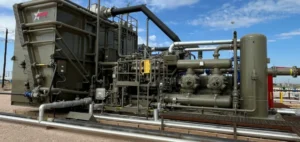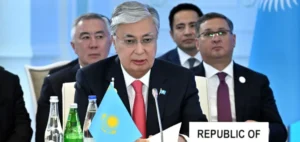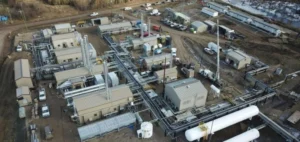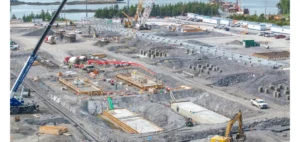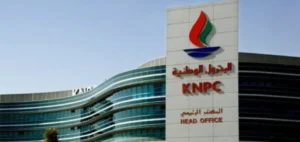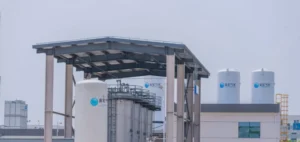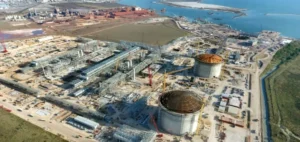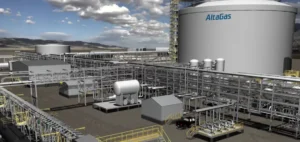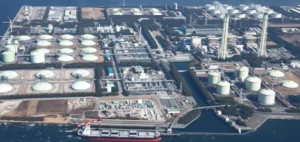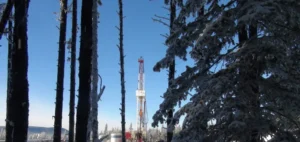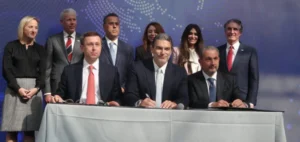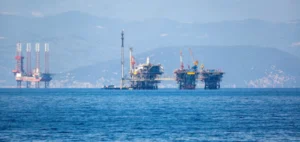Petronas’ gas business in 2022 grew strongly, capitalizing on the benefits of gas despite increased market volatility. The company also plans togrow its LNGbusiness by serving both its core customers and exploring new emerging markets.
Record prices for Petronas’ gas business in 2022
Petronas chairman and group CEO Tengku Muhammad Taufik told a news conference that the company had been able to offer prices of up to 90 to 100/MMBtu at one point, and that each cargo delivered could make or break utilities. LNG prices in Asia averaged 33.98/MMBtu in 2022, compared to 18.60/MMBtu in 2021.
Taufik estimated that a long-term sustainable price would be between 7 and 10/MMBtu, depending on the delivery distance. He pointed out that LNG projects must now take into account greenhouse gas emissions, which will increase capital expenditures and make gas supply more risky.
Petronas announced strong results for FY2022, with 405 LNG cargoes delivered from Bintulu PLC to customers worldwide. In addition, the company entered into 136 million cubic feet per day of natural gas supply contracts with new and existing non-energy customers, while strengthening its LNG supply operations. The company also secured a final investment decision for Sabah’s first offshore LNG facility, for which the engineering, procurement, construction and commissioning contract was awarded to a consortium including JGC of Japan and Samsung Heavy Industries of South Korea.
Impact of the Sabah-Sarawak pipeline
In October 2022, Petronas declared a force majeure on MLNG Dua’s gas supply due to a pipeline leak caused by ground movement in the area of KP201, the Sabah-Sarawak gas pipeline. Upstream executive vice president and CEO Datuk Adif Zulkifli said the pipeline repair would take “quite some time,” although repairs are underway.
Nevertheless, Petronas has assured its global customers, including those in Japan, that it will honor its LNG supply commitments. In 2022, Malaysia was the second largest supplier of LNG to Japan, accounting for about 17% of Japanese LNG imports.
Petronas’ gas business accelerates
Taufik said the natural gas market is expected to be the only hydrocarbon to grow continuously over the next two decades. Petronas intends to serve not only its core markets, but also new emerging markets as many economies move away from coal.
Last year, there was talk of Petronas’ participation in the Abadi LNG project operated by Inpex, which Shell had sold to Indonesia. In a recent statement, Petronas executive director Tengku Muhammad Taufik confirmed that discussions had taken place, but that the economic arrangements for the project still needed to be reviewed and assessed by the Indonesian government. Petronas, which aspires to maintain its market share and reach 55 million tons of capacity, said it remains one of the world’s top five LNG producers.
Petronas recently launched its LNG refueling operations in China in partnership with Hong Kong-based Tiger Gas. In a statement, the company announced the successful completion of its first LNG ship-to-ship refueling operation for Tiger Gas’ Tiger Maanshan dual-fuel cargo ship, the largest dual-fuel cargo ship in the world. This expansion of Petronas’ LNG bunkering operations reinforces its leadership position in the energy sector and demonstrates its commitment to cleaner and more sustainable energy production.




